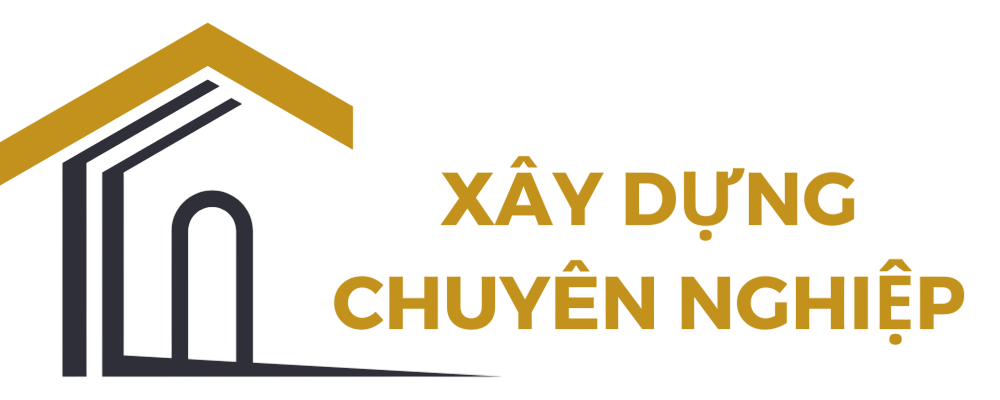# The Ultimate Beginner Guide to SEO Indexing
Having your pages indexed is the bare minimum if you want to show up in search results. If your pages aren’t indexed, they might as well not exist. In this breakdown, we’ll cover everything from the basics to advanced techniques to guarantee your site is indexed properly.
Whether you’re a content creator, understanding how indexing works is the first step to making SEO work. Here’s what you need to know about getting your site indexed.
# Start With: What Does Indexing Even Mean?
Put simply, indexing means your page can now be found by Google or Bing. If your page isn’t indexed, it won’t show up no matter how great the content is. Before a page can be indexed, it has to be crawled. After crawling, Google decides whether your page is worth adding to its index.
# Ways to Verify Indexing
To check if a page is indexed, simply search on Google using “site:yourdomain.com/page-url”. If it doesn’t show up, then it hasn’t been indexed yet. Search Console is a more reliable way to check indexing status. Use the URL inspection feature to see detailed crawl and index data.
# Why Your Page Might Be Ignored
If your content isn’t indexed, here are some possible culprits:
- You accidentally used the noindex directive
- Your robots.txt file might restrict crawling
- The page lacks internal links
- Low-quality or copied content may be skipped
- New URLs often need patience
# Force Google to Index Your Site
Get your pages noticed fast with these actions:
- Use the URL inspection tool to request indexing
- Build internal links to the new page
- Distribute links to encourage crawling
- Add it to your sitemap
- Fix any technical barriers
# Using Tools to Monitor Indexing
Use these tools to keep track:
- Primary tool for URL inspection and index coverage
- Desktop tool for site audit and crawl diagnostics
- Premium tools that include index monitoring
- Indexation reports in Rank Math or Yoast SEO plugins
# Next-Level SEO Indexing Hacks
Take indexing to the next level with these strategies:
- Rich snippets can help indexing and rankings
- Merge weak pages or use 301s to preserve SEO value
- If you have thousands of pages, crawl efficiency matters
- Fix soft 404 errors and canonical mismatches
- Segment your sitemap by content type
# What Should You Keep Out of the Index?
Google doesn’t need to index everything:
- User dashboards and backends
- Thank you pages and redirects
- Canonicalize or block low-value duplicates
- Staging or dev environments
Use robots.txt and meta tags wisely.
# Final Thoughts on Indexing
Indexing isn’t glamorous, but it’s essential. Focus on both technical accessibility and content value. Use tools, monitor your site, and stay proactive.
Still stuck? Drop your URL into Google Search Console and start there.
Read more: stck.me
